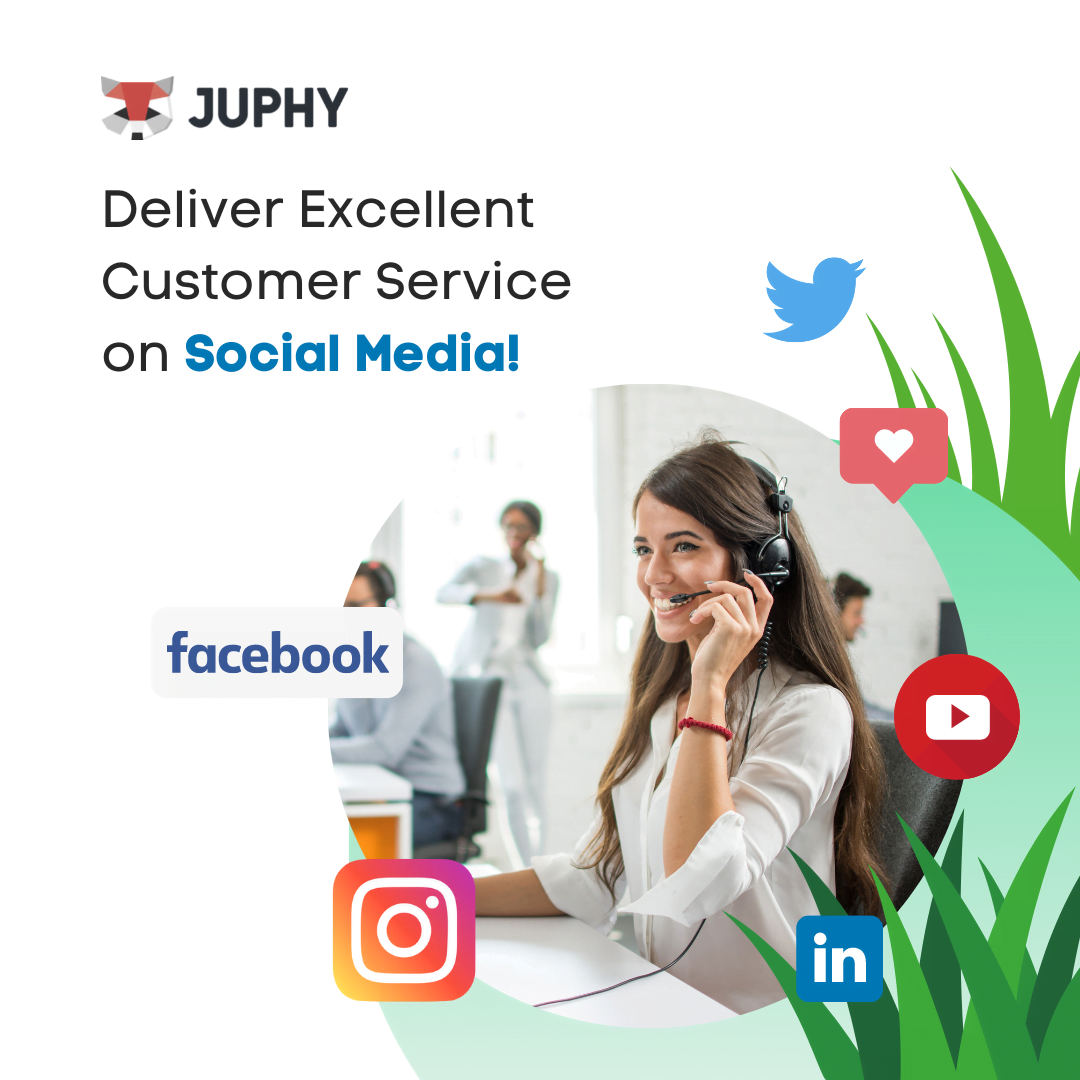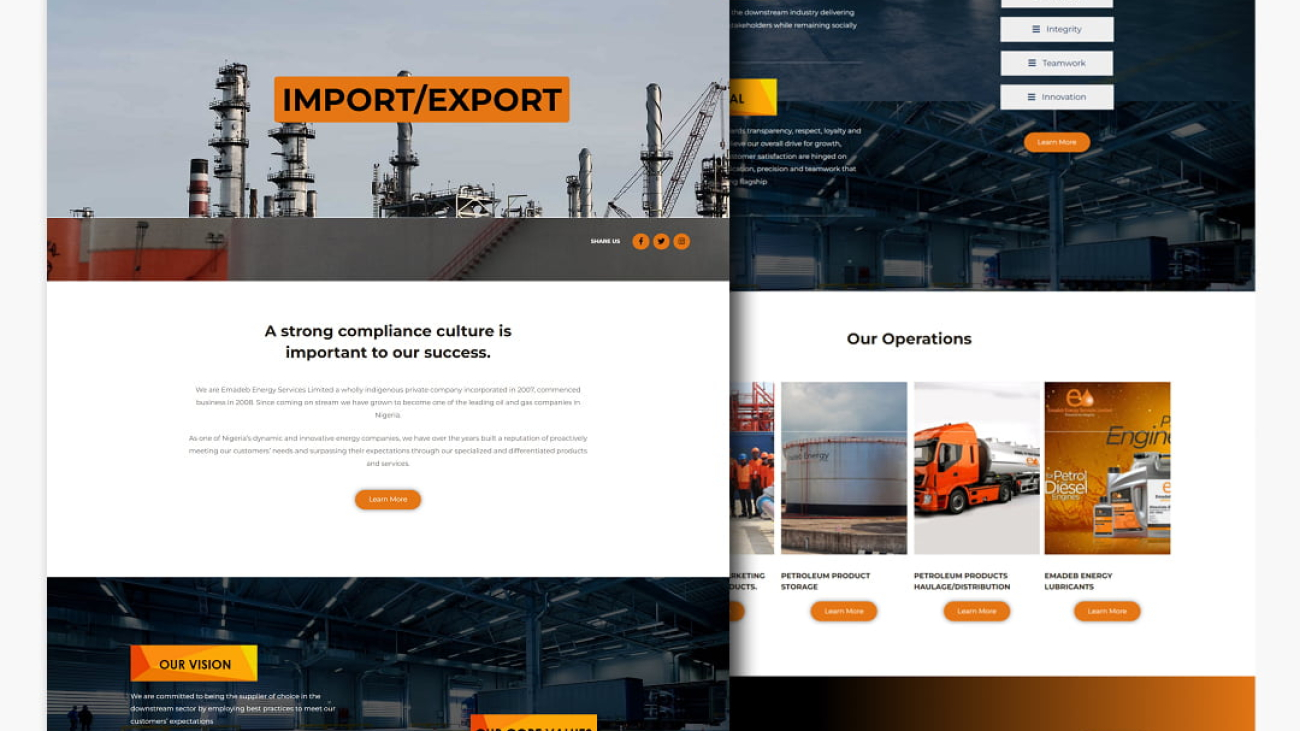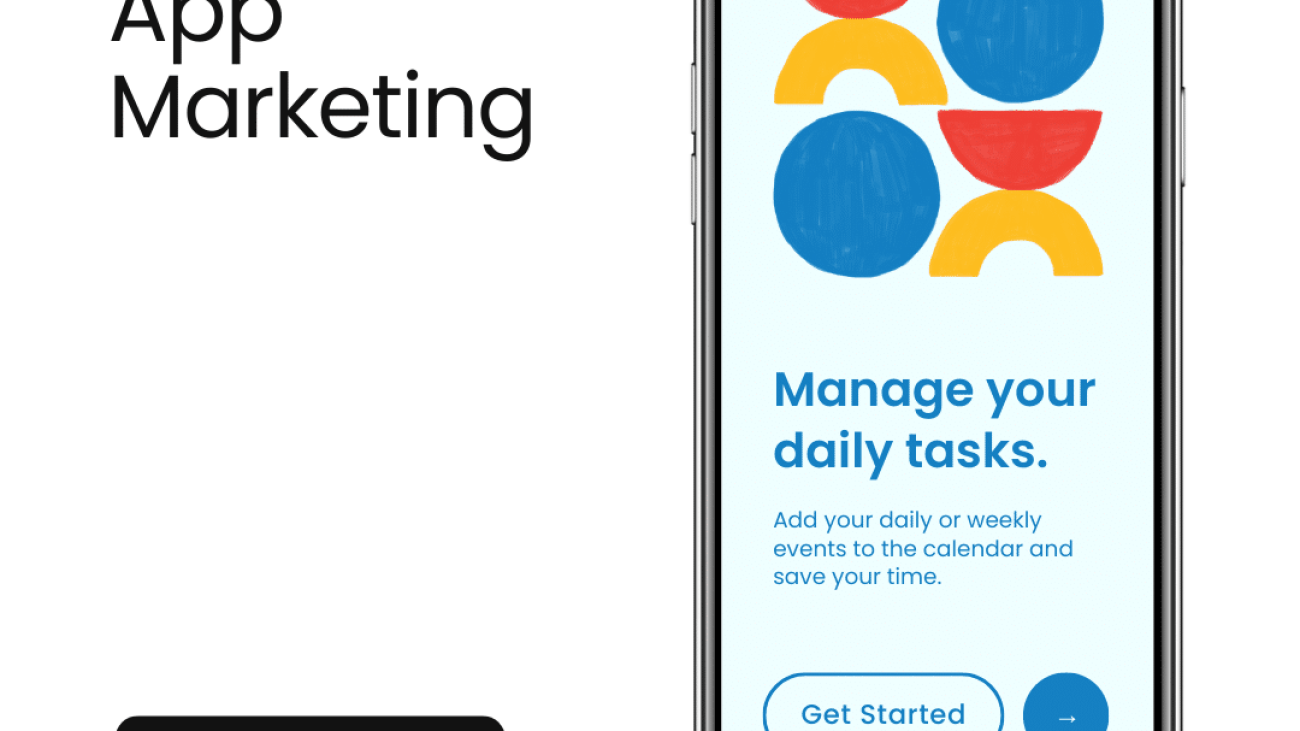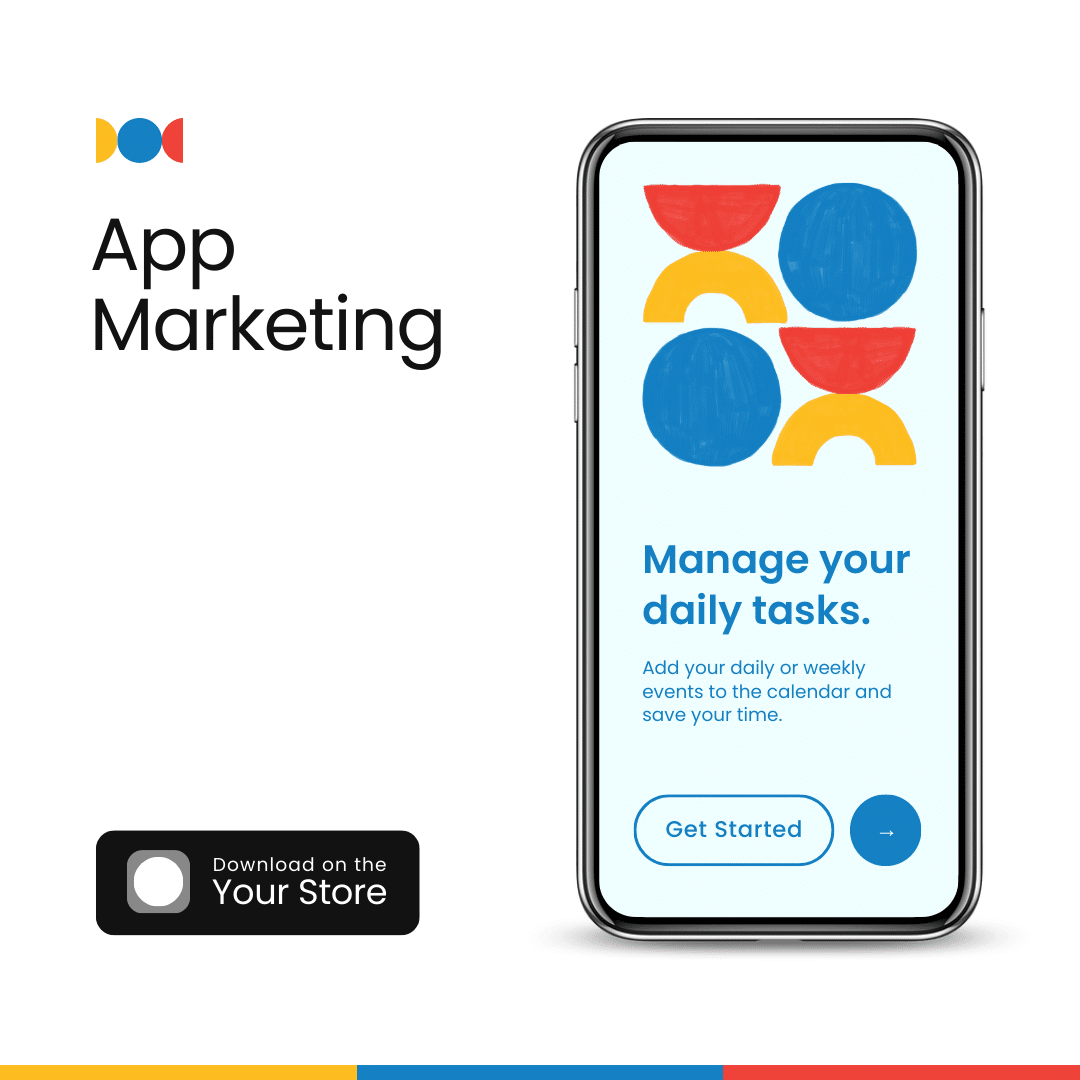
Traditional marketing strategies may no longer be enough to drive the results that businesses desire. The advent of digital marketing has completely transformed the game, allowing companies to connect with their target audience in new and innovative ways. In this article, we will uncover the power of digital marketing vs traditional marketing and shed light on why businesses should embrace this new approach.
Digital marketing offers a wide array of tools and platforms that enable businesses to reach their customers with laser focus. From search engine optimization (SEO) to social media advertising, email marketing to content creation, digital strategies have the potential to generate exceptional results.
But what makes digital marketing so effective? Unlike traditional marketing methods, digital marketing provides businesses with real-time data and metrics to measure their success. This data-driven approach allows companies to make informed decisions and optimize their marketing efforts to drive maximum results.
So, whether you’re a small startup or an established brand, understanding and harnessing the power of digital marketing has become crucial in today’s digital landscape. Let’s dive in and explore how this modern approach can help your business thrive.
The shift from traditional marketing to digital marketing
The shift from traditional marketing to digital marketing has been driven by the rapid advancement of technology and the changing behavior of consumers. Traditional marketing methods such as print ads, television commercials, and billboards are no longer as effective as they used to be. With the rise of the internet and mobile devices, consumers now have access to a wealth of information at their fingertips.
Digital marketing allows businesses to leverage this digital landscape to their advantage. By using online platforms and tools, businesses can target their marketing efforts to specific demographics, interests, and behaviors. This level of precision targeting was previously unimaginable with traditional marketing methods.
Benefits of digital marketing over traditional marketing
Digital marketing offers several distinct advantages over traditional marketing. Firstly, digital marketing provides businesses with real-time data and metrics to measure their success. Unlike traditional marketing methods, which often rely on estimates and assumptions, digital marketing allows companies to track the performance of their campaigns and make data-driven decisions to optimize their marketing efforts.
Secondly, digital marketing offers a higher return on investment (ROI) compared to traditional marketing. With digital marketing, businesses can reach a larger audience for a fraction of the cost of traditional advertising channels. This cost-effectiveness is particularly beneficial for small businesses and startups with limited marketing budgets.
Thirdly, digital marketing allows for greater engagement and interaction with customers. Through social media platforms, businesses can engage in real-time conversations with their audience, respond to feedback, and build meaningful relationships. This level of interaction not only strengthens brand loyalty but also helps businesses gain valuable insights into their customers’ preferences and needs.
Digital marketing statistics and trends
To further emphasize the power of digital marketing, let’s take a look at some key statistics and trends:
1. According to a survey by eMarketer, digital ad spending is expected to surpass traditional ad spending in the coming years.
2. Research by Statista shows that the number of social media users worldwide is projected to reach over 4 billion by 2025.
3. HubSpot reports that businesses that prioritize blogging as part of their content marketing strategy are 13 times more likely to see a positive ROI.
4. The rise of influencer marketing has been a significant trend in recent years, with businesses leveraging the reach and influence of social media influencers to promote their products and services.
These statistics highlight the growing importance of digital marketing in today’s business landscape.
Key components of a successful digital marketing strategy
Businesses need to have a well-defined digital marketing strategy in place. Here are the key components of a successful digital marketing strategy:
1. Clear goals and objectives: It is essential to define what you want to achieve through your digital marketing efforts. Whether it’s increasing brand awareness, driving website traffic, or generating leads, having clear goals will guide your strategy.
2. Target audience segmentation: Understanding your target audience is crucial for effective digital marketing. By segmenting your audience based on demographics, interests, and behavior, you can tailor your marketing messages to resonate with them.
3. Content creation and optimization: Creating high-quality and engaging content is a cornerstone of digital marketing. From blog posts to videos, infographics to social media posts, content that provides value to your audience will attract and retain their attention.
4. Search engine optimization (SEO): Optimizing your website and content for search engines is vital for organic visibility. By incorporating relevant keywords, optimizing meta tags, and improving site speed, you can increase your website’s rankings on search engine results pages.
5. Social media marketing: Social media platforms provide an excellent opportunity to connect with your target audience, build brand awareness, and drive engagement. By creating compelling content, running targeted ads, and engaging with your followers, you can leverage the power of social media to amplify your brand’s reach.
6. Email marketing: Building an email list and sending targeted email campaigns allows you to nurture leads and stay top-of-mind with your audience. Personalized and relevant email content can drive conversions and generate repeat business.
7. Measurement and analysis: To optimize your digital marketing efforts, it is crucial to measure and analyze your results regularly. Tracking key metrics such as website traffic, conversion rates, and social media engagement will help you identify areas for improvement and refine your strategy.
Creating a digital marketing plan
To create a successful digital marketing plan, businesses should follow these steps:
1. Set clear objectives: Define what you want to achieve with your digital marketing efforts. Your objectives should be specific, measurable, attainable, relevant, and time-bound (SMART).
2. Conduct market research: Understand your target audience, their needs, preferences, and online behavior. This research will help you tailor your marketing messages and choose the most effective digital marketing channels.
3. Choose the right digital marketing channels: Based on your target audience and objectives, select the digital marketing channels that will best reach and engage your audience. This could include search engines, social media platforms, email marketing, content marketing, or a combination.
4. Develop a content strategy: Create a content calendar and plan your content. This will ensure consistency and help you stay organized. Remember to create content that is valuable, relevant, and shareable to your target audience.
5. Implement and optimize: Execute your digital marketing plan and monitor its performance. Analyze the data, make adjustments as needed, and optimize your campaigns to drive better results.
6. Measure and analyze: Continuously track and measure the key metrics that indicate the success of your digital marketing efforts. Use this data to refine your strategy, identify areas for improvement, and make data-driven decisions.
Digital marketing channels and platforms
Digital marketing encompasses a wide range of channels and platforms. Here are some of the most effective ones:
1. Search engine optimization (SEO): Optimizing your website and content for search engines like Google is essential for organic visibility. By ranking higher in search results, you can drive more organic traffic to your website.
2. Pay-per-click (PPC) advertising: PPC advertising allows businesses to display ads on search engines and social media platforms. With PPC, you only pay when someone clicks on your ad, making it a cost-effective way to drive targeted traffic to your website.
3. Social media marketing: Social media platforms like Facebook, Instagram, Twitter, and LinkedIn offer a powerful way to connect with your audience, build brand awareness, and drive engagement. By creating compelling content and running targeted ads, you can reach a wider audience and drive more traffic to your website.
4. Email marketing: Building an email list and sending targeted email campaigns is an effective way to nurture leads and drive conversions. Email marketing allows you to stay in touch with your audience, deliver personalized content, and build long-term relationships.
5. Content marketing: Creating high-quality and valuable content is crucial for attracting and engaging your target audience. Content marketing includes blog posts, videos, infographics, ebooks, podcasts, and more. By consistently delivering valuable content, you can establish your brand as a thought leader and drive organic traffic to your website.
6. Influencer marketing: Leveraging the reach and influence of social media influencers is a popular digital marketing strategy. By partnering with influencers whose audience aligns with your target market, you can reach a wider audience and build credibility for your brand.
Comparison of digital marketing channels – SEO, PPC, social media, email marketing
While each digital marketing channel has its strengths and benefits, it’s essential to understand how they compare to one another. Here’s a comparison of some of the most popular channels:
1. SEO: SEO is a long-term strategy that focuses on optimizing your website and content to rank higher in search engine results organically. It can take time to see results, but once you achieve higher rankings, you can drive consistent and targeted traffic to your website without paying for clicks.
2. PPC: PPC advertising allows for immediate visibility and results. You can create targeted ads and display them on search engines or social media platforms. With PPC, you have more control over who sees your ads and when, making it a highly targeted and measurable channel. However, it can be more expensive than organic methods in the long run.
3. Social media: Social media platforms offer a highly engaging and interactive way to connect with your audience. By creating compelling content and running targeted ads, you can reach a wide audience and drive traffic to your website. Social media also allows for real-time conversations and feedback, helping you build relationships with your customers.
4. Email marketing: Email marketing allows for personalized and direct communication with your audience. By nurturing leads through targeted email campaigns, you can drive conversions and build long-term relationships. Email marketing also provides valuable data and insights into your audience’s preferences and behavior.
5. Content marketing: Content marketing focuses on creating valuable and engaging content that attracts and retains your target audience. By consistently delivering high-quality content, you can establish your brand as a thought leader and drive organic traffic to your website. Content marketing also supports your SEO efforts by providing relevant and valuable information to search engines and users.
6. Influencer marketing: Influencer marketing leverages the reach and influence of social media influencers to promote your brand. By partnering with influencers whose audience aligns with your target market, you can reach a wider audience and build credibility. Influencer marketing can be highly effective in driving engagement and conversions, but it requires careful selection and strategic planning.
Measuring and tracking digital marketing results
One of the key advantages of digital marketing is the ability to measure and track your results in real-time. Here are some essential metrics and tools for measuring your digital marketing efforts:
1. Website analytics: Tools like Google Analytics provide valuable insights into your website’s performance. You can track metrics such as website traffic, bounce rate, conversion rate, and more. These insights help you understand how users interact with your website and identify areas for improvement.
2. Social media analytics: Social media platforms offer built-in analytics tools that provide insights into your audience’s engagement and behavior. You can track metrics such as reach, impressions, engagement, click-through rates, and more. These insights help you understand which content resonates with your audience and refine your social media strategy.
3. Email marketing analytics: Email marketing platforms like Mailchimp or Constant Contact provide analytics tools to track the performance of your email campaigns. You can measure metrics such as open rates, click-through rates, conversion rates, and more. These insights help you understand the effectiveness of your email marketing efforts and make data-driven decisions.
4. Conversion tracking: Conversion tracking allows you to measure the number of conversions generated by your digital marketing campaigns. Whether it’s a purchase, a form submission, or a newsletter sign-up, tracking conversions helps you understand which channels and campaigns are driving the most valuable results.
5. A/B testing: A/B testing involves testing different variations of your digital marketing campaigns to determine which one performs better. By testing different elements such as headlines, ad copy, or landing page designs, you can optimize your campaigns for better results.
Embracing the power of digital marketing in the modern era
Traditional marketing methods may no longer be enough to drive the results that businesses desire. Digital marketing offers a wide range of tools and platforms that enable businesses to reach their audience with laser focus. By embracing digital marketing, businesses can benefit from real-time data and metrics, a higher return on investment, and greater engagement with their audience.
To succeed, businesses need to have a well-defined digital marketing strategy that includes key components such as clear objectives, target audience segmentation, content creation and optimization, search engine optimization, social media marketing, email marketing, and measurement and analysis. By leveraging the power of digital marketing channels and platforms such as SEO, PPC, social media, email marketing, and content marketing, businesses can drive better results and thrive in the modern era.
So, whether you’re a small startup or an established brand, understanding and harnessing the power of digital marketing has become crucial in today’s digital landscape. By staying up-to-date with the latest trends and best practices, businesses can drive results, connect with their audience, and stay ahead of the competition in the digital age. Embrace the power of digital marketing and unlock the full potential of your business.


























